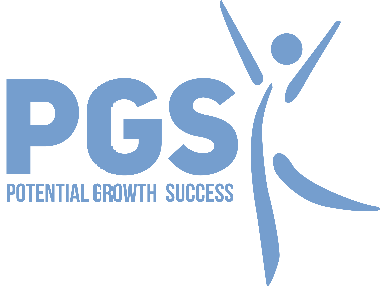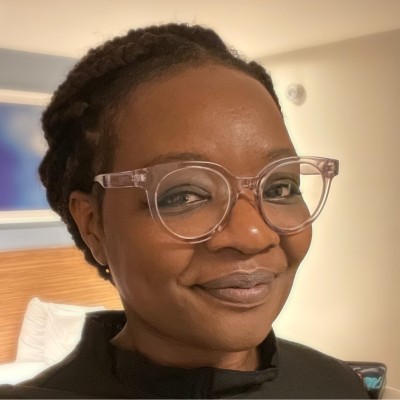The 5th Annual Aspiring Heads Summit 2025 in London brought together Black educators, global majority leaders, and allies for bold conversations and practical insight. As a former headteacher, local authority advisor and now SEND and Inclusion Consultant, I found the summit both affirming and challenging.
Led with Purpose: Nadine and Ethan Bernard
The summit’s success reflected the vision and dedication of its founders, Ethan and Nadine Bernard. Nadine’s person-centred leadership and published work consistently centre lived experience. Ethan, as managing director, empowers educators to lead authentically and courageously. Their leadership creates protected, affirming spaces for Black educators and global majority leaders to connect, reflect, and drive systemic change. In today’s climate, where performative gestures too often replace meaningful change, their work challenges systems and pushes for the kind of leadership our schools and communities need.
Inclusion cannot be performative. It must be a commitment to relational leadership, systems change, and courageous dialogue. Black leaders still represent only a fraction of leadership across education. This is not a pipeline issue. The talent and experience are there. What’s missing is the willingness to dismantle barriers. Representation matters, but it’s not enough. We need power, voice, structural change, and protected spaces to discuss what this really means.
Inclusion Is Leadership
Inclusive leadership means creating space for others and building safe, equitable schools by learning and re-learning from listening to those who have been othered, whether by race, gender, neurodivergence, disability, or other intersecting identities.
Keynotes included Jennese Alozie, CEO of University of Chichester Academy Trust, who shared her transformational leadership journey and the need for social justice in every decision. Yamina Bibi, Education Project Specialist at Chiltern Learning Trust, brought sharp insight into national DEI reform, challenging us to move beyond policy and into practice. Julian Hall, founder of Ultra Education CIC, spoke about redefining education through entrepreneurship. His message, “lead, build, innovate”, resonated deeply.
To be truly inclusive, we must understand how systems exclude and work to change them. Storytelling can drive policy, shift culture, and empower educators to act. These conversations take courage. Inclusion means challenging deficit ideologies, calling out performative allyship, and advocating for systemic reform. At the summit, leaders shared truths, asked hard questions, and refused to settle for tokenism. Networks like PGS Educators provide safe spaces for reflection, growth, and collective action.
Beyond the Summit: Inclusion as Daily Practice
The summit centred on lived experience. Too often, inclusion is discussed abstractly, disconnected from those most affected. At the conference, we spoke plainly about the impact of racism, shared personal stories and strategies, and built community.
Visibility with voice, agency, and influence is crucial, especially for Black and Global Majority leaders. We also spoke about the emotional labour of inclusion work, the exhaustion of being the only one in the room, the pressure to educate others while navigating trauma, and the need for rest and collective care.
A Call to Action
We should all be involved in Aspiring Heads: listening, mentoring, coaching, building support networks, challenging systems, and being willing to act. Not just for ourselves but for our community. But how do we move inclusion from conversation to sustained implementation?
The time to move from aspiration to action is long overdue. The summit was a reminder that we are not alone. We are part of a collective.

